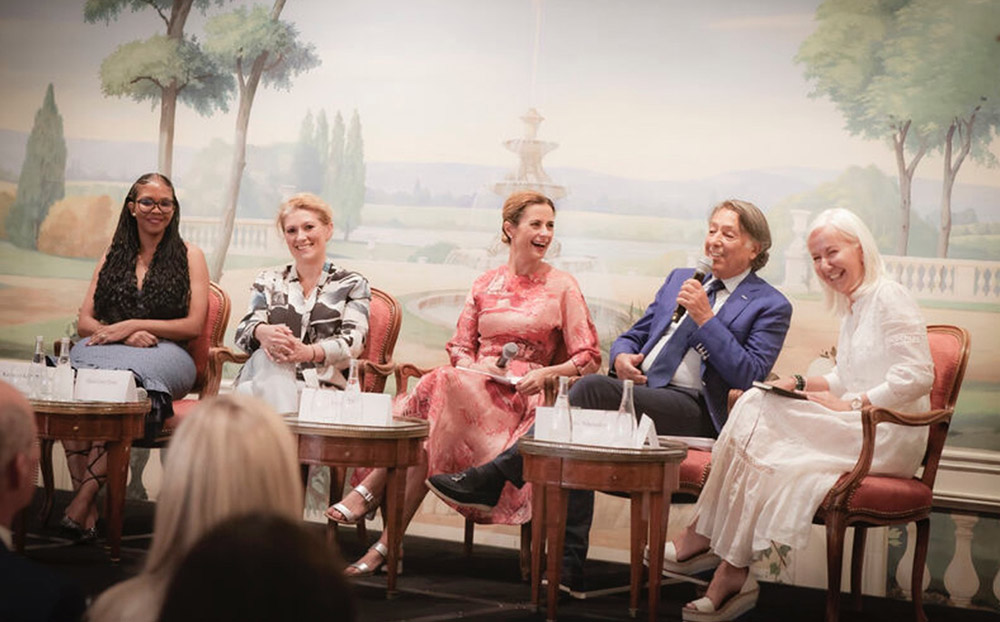The Women’s Empowerment Principles (WEPs)
The Women’s Empowerment Principles (WEPs), established by the UN Global Compact and UN Women, provide a set of 7 Principles that offer guidance to all businesses, on how to promote gender equality in the workplace, marketplace and community.
The WEPs are informed by international labour and human rights standards and grounded in the recognition that businesses have a stake in, and a responsibility for, gender equality and women’s empowerment.
One of the fundamental principles of engagement for the WJI 2030 is C-Suite Driven commitment. By joining the WEPs community, the CEO signals commitment to this agenda at the highest levels of the company and to work collaboratively in multistakeholder networks to foster business practices that empower women.





